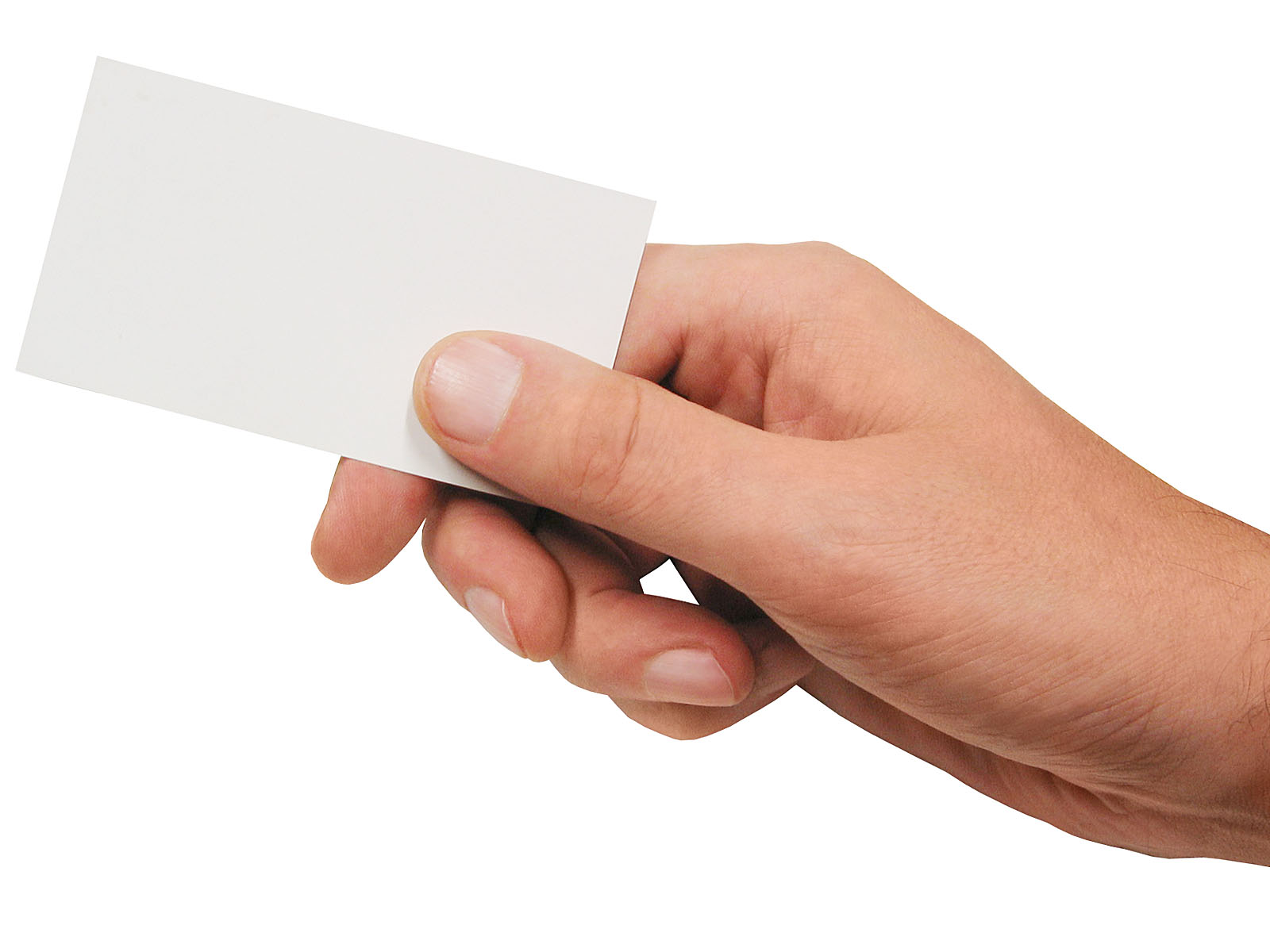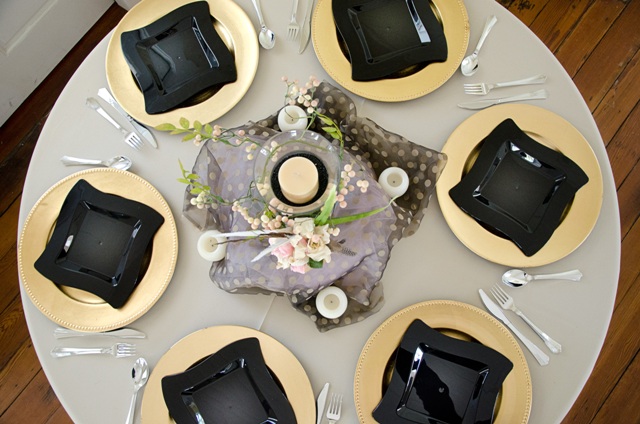
Resident expats in Malaysia are fortunate to be exposed to a number of cultures during their time here. For working expats, an understanding of the cultural expectations in business can be a valuable asset. As an example, Editor Chad Merchant and Cultural Savvy President Joyce Millet offer a comprehensive look at Chinese etiquette and how it influences business dealings in Malaysia every day.
Many expats come to Malaysia for work-related reasons. Without a sufficient primer on local customs and etiquette, foreigners can find themselves at a disadvantage in business matters, or perhaps even run afoul of certain protocols. Many business dealings here involve Malaysian Chinese – and it’s said that the purest expression of the Chinese culture outside of mainland China is right here in Malaysia – so working expats are well-advised to commit business etiquette tips to memory. Malaysians, of course, are an easy-going bunch and typically take these matters in their stride, but they’re also impressed when foreigners make the effort to learn their customs and cultural norms.
Of course, expats in Malaysia will experience Malay and Indian cultures in business, too, and these will be covered in a future article. This article focuses on etiquette and protocol within the Chinese community.
Key Concepts

Confucius, China’s greatest sage, established a system of ethics, morals, hierarchy, and behaviour, setting the rules for people dealing with each other, and establishing each person’s proper place in society. These social codes have carried over to the workplace, and guide Chinese business culture even today. The five major relationships that Confucius set forth are ruler/subject, husband/wife, father/son, brother/sister, friend/friend. As no relationship has been designated for strictly commercial consideration, the Chinese generally prefer business dealings to fall under the friend/friend relationship.
You may hear certain terms that may be unfamiliar, but are nevertheless inherent parts of Chinese culture, such as “face” or even kiasu. One important concept is guanxi. Throughout much of Chinese history, the essential glue that has held society together is this concept of guanxi, or relationships between people. There is no direct English translation for this word, so the concept is often misinterpreted and consequently misunderstood. At its most fundamental level, guanxi refers to the relationship dynamic, or the personal connection, between two people in which one is able to prevail on the other for a service or favour, and vice versa. The nearest allegorical concept in the Western world is probably, “You scratch my back, I’ll scratch yours.” But guanxi is more complex, as it can also involve a person’s personal network or sphere of influence, so that a person with “good guanxi” has the ability to call upon more people for services or favours. Guanxi can also describe the understanding that comes to exist between two people when one is aware of the other’s wants and needs and acts accordingly upon that awareness when making a decision or embarking on a course of action, doing so without any specific request or influence from the other person. It’s easy to see why such a complex cultural concept is so widely misunderstood, but a basic grasp of guanxi principles is crucial to building successful business relationships in the Chinese community.
The term mianzi refers to the concept of “face.” The notion of losing face, saving face, and giving face is very important and should be taken into consideration at all times. The concept of face crosses many cultural boundaries; this is something not at all unique to Chinese culture, though it’s likely accurate to say that Chinese culture places a greater importance on face than most Western cultures. Essentially, face is defined as the positive social value a person effectively claims for himself or herself by the line others assume he or she has taken during a particular contact. More broadly, face is an image of self, defined in terms of approved social attributes. It relates to a person’s sense of social worth, status, dignity, and prestige.
Acting in a manner that causes someone else to lose face is a grievous error in Chinese business culture, and Westerners accustomed to a more aggressive, straightforward manner of conducting business regularly run afoul of this cultural norm. A related concept in Chinese culture is li, a term which originally meant “to sacrifice,” but today it is translated as the art of being polite and courteous. Proper etiquette preserves harmony and face. Similarly, keqi follows the same patterns: I this word, ke means “guest” and qi means “behaviour.” The combined term not only means considerate, polite, and well-mannered, but also represents humbleness and modesty… all part of both giving and saving face.
Greetings and Introductions

- The Chinese generally do not prefer to do business with strangers, and will make frequent use of go-betweens. Whenever possible, try to use established relationships, or an intermediary known by both sides, to make the first contact.
- Chinese prefer to be formally introduced to someone new. This applies to both Chinese and foreigners.
- The Chinese may seem unfriendly when being introduced. Chinese culture teaches not to show excessive emotion, thus the reference to Chinese and other Asians as inscrutable.
- Always stand up when being introduced and remain standing throughout the introductions.
- When being introduced to Chinese, the accepted form of greeting is the handshake, even among Chinese. Chinese may also nod or slightly bow (Unlike the Japanese, the Chinese bow from the shoulders rather than the waist). One would then present a business card.
Business Card Etiquette

- Use both hands when presenting business cards and be sure the writing faces the person to whom you are presenting your card. Cards should also be received with both hands and carefully read. Do not immediately put the card in your pocket or bag, as this is considered rude.
- Follow with the standard “I am pleased to meet you,” or ni hao in Chinese.
- When seated, place cards on the table. This shows respect and is also an excellent way to remember names.
- Business cards should be printed in English on one side, Chinese on the other.
Titles and Forms of Address

- The Chinese will state their last name first, followed by the given name (may be one or two syllables). For example, Liu Jianguo, in Chinese would be Mr. Jianguo Liu using Western style.
- Never call someone by only his or her last name. Unless specifically asked, do not call someone by his or her first name.
- Addressing someone by his or her courtesy or professional title and last name conveys respect. In Chinese, usually the title follows the family name. When speaking to (or about) a Chinese person in English, then the title is said before the family name. For example, Liu Xiansheng (Mr. Liu) and Liu Jingli (Manager Liu).
- Women’s names cannot be distinguished from men’s names. Some Chinese women use their maiden names even after marriage, but may indicate marital status by using Mrs., Ms., Miss, or Madam.
- Chinese who frequently deal with foreigners or travel abroad on business may adopt a Western first name, such as David Liu. They may request that they be referred to as David, once a relationship has been established. It’s not uncommon for some Malaysian Chinese to even have a Western name as part of their full legal name.
Personal Question and Social Distance

- Do not be surprised when asked personal questions regarding age, marital status, children, family, income, job, etc. This is done to seek common ground.
- On the other hand, the Chinese will be uncomfortable with American familiarity, particularly early in a relationship. The arm around the shoulder or pat on the back with “just call me Bob” approach should be left at home.
- Every culture defines proper distance. Westerners, particularly Americans, find that the Chinese comfort zone regarding distance is a bit too close for their comfort.
- Instinctively, Westerners may back up when others invade their space. Do not be surprised to find that the Chinese will simply step closer.
- The Chinese are uncomfortable with being touched in a familiar manner, particularly by strangers. Do not hug, back slap or put an arm around someone’s shoulder.
Dining and Entertainment Etiquette and Protocol

- Entertaining guests at a Chinese banquet is an important way of establishing guanxi.
- Guests should sample all of the dishes and leave something on the plate at the end of the meal. A clean plate indicates you are still hungry and it is the host’s responsibility to see that you are continually served food and drink.
- Under no circumstances should chopsticks be placed in the rice standing up. This symbolizes death.
- There are no firm rules regarding dinner conversation. Depending on the closeness of the relationship, business may or may not be discussed. Follow host’s lead.
- Drinking is an important part of Chinese entertaining and, like in the West, it’s considered a social lubricant. The drinking officially begins after the host offers a short toast to the group.
- It is always a good idea for the guest to return the toast either right away or after a few courses have been served.
- Safe topics for toasts are friendship, pledges for cooperation, the desire to reciprocate the hospitality, and mutual benefit.
- The Chinese understand if you are unable to drink alcohol. Stating medical reasons is always a good way to get out of drinking alcohol. However, should you drink, do not pour your own drink, as this reveals a lack of protocol.
- The most common expression for toasting is gan bei (Mandarin) or yum seng (Cantonese) meaning “dry cup” (or “bottoms up”).
- Do not underestimate the importance of participating in dining and afterdinner entertainment. It is an excellent way to build guanxi.
Gifts and Gift-Giving Etiquette

- Gifts are an important way of creating and building guanxi in Chinese culture.
- Chinese etiquette requires that a person decline a gift, invitation, and other offerings two or three times before accepting. It is expected that the giver will persist, gently, until the gift is accepted. Be sensitive to genuine refusals.
- Chinese and Westerners differ in the approach to gifts. In the West, a sincere thank you or a thank-you note is an acceptable way to extend appreciation. In China, a more tangible form, or gift, is preferred.
- Never give a gift that would make it impossible for the Chinese to reciprocate; this would cause a loss of face and place them in a very difficult position.
- The Chinese usually do not open gifts at the time they receive them. Similarly, when receiving gifts from the Chinese, do not open them unless they insist.
- Gifts of cognac, fine whisky, and quality wines are acceptable.
- Do not give anything in sets of four or gifts that carry the association of death or funerals such as clocks, cut flowers, white objects. Do not give scissors or anything sharp as it symbolizes severing relations.
- Always wrap gifts, but do not use white paper, as it symbolizes death. Red and gold are the best. Avoid elaborately wrapping gifts, and never write anything in red ink.
Your time working in Malaysia can yield greater results and bring you more satisfaction if you make the effort to learn about the cultures you are exposed to, and about the people with whom you interact on a daily basis in business. It is often said that imitation is the highest form of flattery. In that spirit, taking the time to learn something about Chinese culture and customs can only pay dividends and enrich your Malaysian expat experience.
To further improve your understanding of cultural norms in business, visit www.culturalsavvy.com and www.protocolprofessionals.com. Certain excerpts in this article have been reprinted with the kind permission of Joyce Millet and these two organisations.
Read more:
- An Afternoon with the Dutch Ambassador to Malaysia
- The Cost of Living in Kuala Lumpur
- An Afternoon with the Polish Ambassador in Malaysia
What are your thoughts on this article? Let us know by commenting below. No registration needed.
Source: The Expat Magazine November 2014
"ExpatGo welcomes and encourages comments, input, and divergent opinions. However, we kindly request that you use suitable language in your comments, and refrain from any sort of personal attack, hate speech, or disparaging rhetoric. Comments not in line with this are subject to removal from the site. "




















